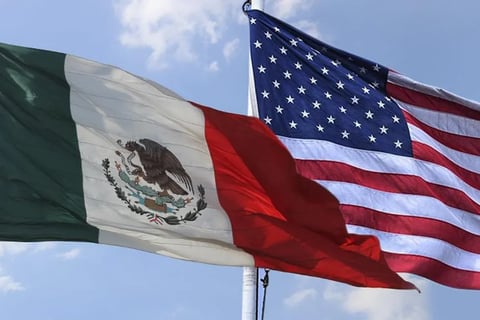Two countries can be a strong home. Beyond convenience, dual citizenship is an emotional bond between who you used to be and the person you are becoming. The dual citizenship of Mexico is more than just a legal right. For thousands of people it’s a connection between who you were and who you’re becoming.
Mexico isn’t just about the food, the beaches, or the welcoming atmosphere that welcomes you on arrival. It’s not only the food beaches, food, or the warm, inviting air that greets you upon your arrive. It’s more about the people, history and the way in which the country is welcoming visitors who wish to be a part of it, and not just visiting. Whether you grew up hearing your auntiela recount stories in Spanish or fell in love with Mexico later in life, Mexico can make you feel as if you’re home even beyond what the official paperwork states.
It’s not just about having a passport, it’s about being a part of something.
A lot of people view dual citizenship Mexico as a bureaucratic procedure when they hear it. If you ask anyone who’s been through the process they’ll share stories of reunion and feeling “whole.” They’ll even tell your kids things that are significant. This tiny booklet, stamped with the stamp of the nation, isn’t just a document. It’s actually a symbol of dual identification.

Image credit: dualcitizenshipexpress.com
For those who were born abroad to Mexican parents or grandparents getting dual citizenship feels like reclaiming something that was always there waiting for them. Perhaps you grew up hearing Mexican music playing in the background or celebrating Dia de los Muertos, but never felt like you could claim a connection to the place that shaped your family. This is altered by dual citizenship. It says, “You are one of us. You have always been.”
If you don’t have Mexican origins, the experience can be just as satisfying. Mexico could be the source of a lifetime for a lot of people who get in during studying abroad, an excursion to retire or an opportunity to meet. After years of building a life in the country paying taxes, learning the language, forming friendships applying for dual citizenship Mexico becomes a way to anchor that story in law.
The Process Feels Like
Let’s not pretend that everything is simple. Between obtaining birth certificates, translating documents, and attending interviews, it can be overwhelming. But you don’t have to do it alone. Many people hire professional help to assist them in navigating the system, without getting lost or causing unnecessary delays.
The emotional component of the procedure cannot be transferred, even with help. It’s quite surreal to hear the words “You are now a citizen of America” in a government building. The experience is described as one of relief, pride and unanticipated emotion. It’s not uncommon for people to shed joyful tears, naturally.
Living Fully in Both Worlds
How does life in Mexico look after you have dual citizenship? Many people find it to be a freedom. You can have property registered in your name and avoid the endless renewals of your visa and even vote in elections. More importantly, you’ll no longer feel like you’re constantly on the outside being observed.
You might find yourself spending your time in two or more countries. Perhaps you’re managing an organization in Mexico but you’re also enjoying summers in your own country, or raising bilingual, culturally-rich children. While it’s not always straightforward, it can be rewarding. You don’t have to decide between your family history and the future your past and your present. You can tell both stories legally and with purpose.
